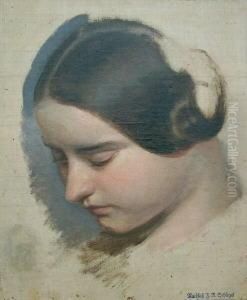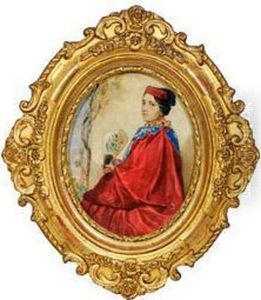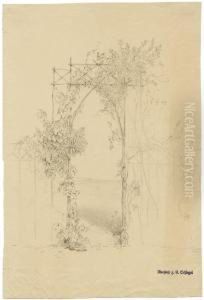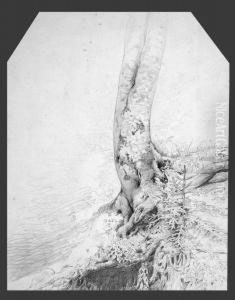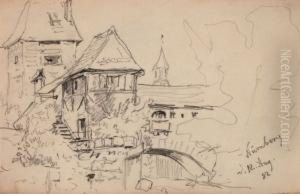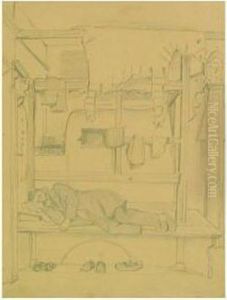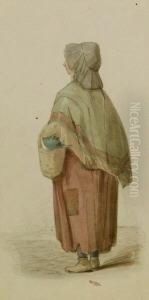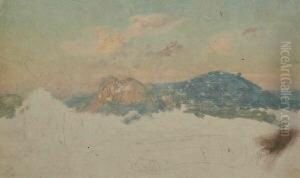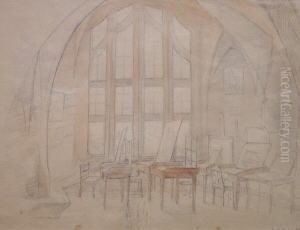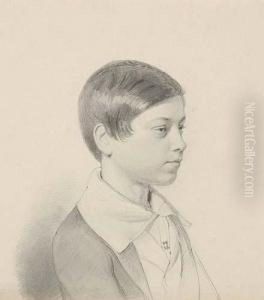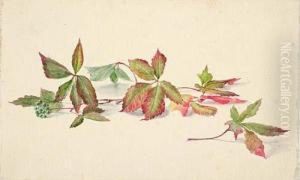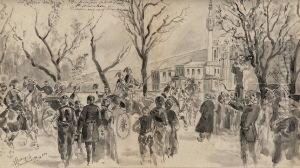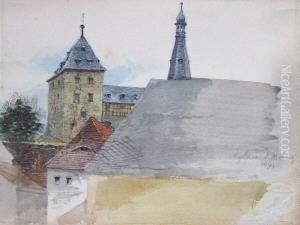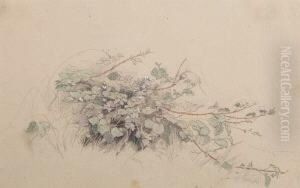August Friedrich Schlegel Paintings
August Wilhelm Schlegel, born on September 8, 1767, in Hanover, was a German poet, critic, and a foremost leader of the Romantic movement. His contributions to literary criticism and theory have had a lasting impact on the study of literature and art. Schlegel was well educated, having studied at the University of Göttingen, where he was influenced by the teachings of Johann Gottfried Herder, who emphasized the value of folklore and cultural history.
Schlegel's career began as a private tutor, but he quickly became involved in literary circles. His early work included translations of Shakespeare, which were highly influential in Germany and contributed to Schlegel's reputation as a master of language and translation. Schlegel and his brother Friedrich were significant figures in Jena Romanticism – an early phase of the Romantic movement that took place in Jena, Germany.
In 1796, August Schlegel married Caroline Michaelis, who was a significant intellectual figure in her own right. Their home became a hub for romantic writers and philosophers. However, the marriage ended in 1803, and Caroline later married the philosopher Schelling.
Schlegel's scholarly work ranged from his lectures on dramatic art and literature, which were pioneering analyses of literary history and comparative literature, to his critical writings on language and philology. He was a professor at the University of Jena and later at the University of Bonn, where he continued his work in comparative literature and became a major figure in the study of the Indo-European languages.
Throughout his life, Schlegel maintained a strong interest in the culture and literature of India. He was one of the early European scholars to learn Sanskrit, which allowed him to translate important texts and contributed to the development of Indology as a scholarly field.
August Wilhelm Schlegel died on May 12, 1845, in Bonn. His legacy includes not only his critical and literary works but also his influence on the Romantic movement and the establishment of comparative literature and Indology as significant academic disciplines.
